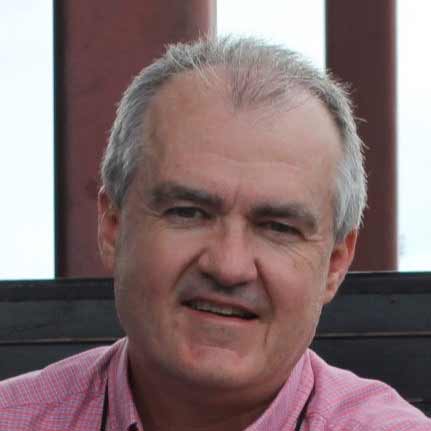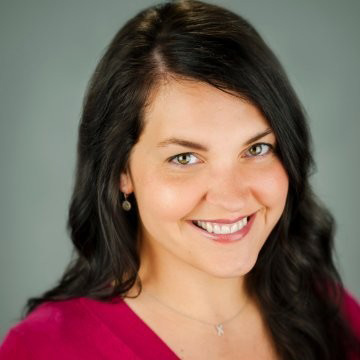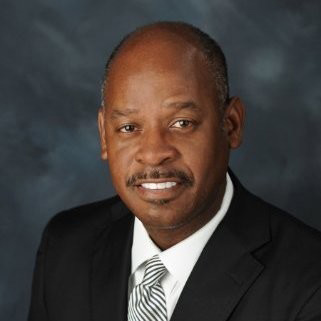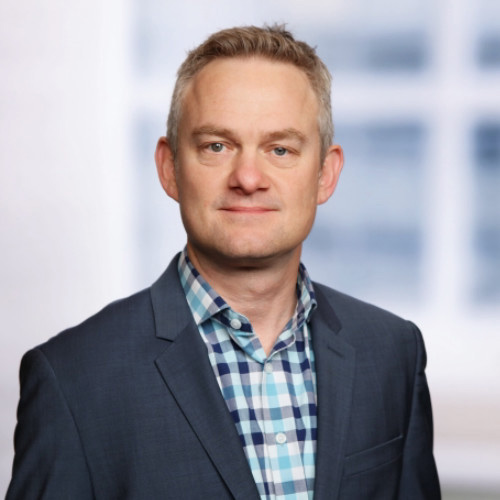
Founding Partner, Orion Planning Group, a national city planning consulting firm
▸ FAICP, Fellow of the American Institute of Certified Planners
▸ BA philosophy, University of Mississippi
▸ MURP city and regional planning, University of Mississippi
“My philosophy education has provided an enduring foundation for my entire professional life, and in ways that I could have scarcely imagined when I started the course of study over 35 years ago. The study of the great philosophical works, systems of thought and philosophy’s various branches broadened my perspectives and thinking far beyond any narrow parochial field or interest, so as to allow me to approach both my work and life in ways that drive towards deeper meaning, understanding and awareness.
In my professional work of city planning and building human communities, philosophical discipline has served me very well in developing the skills of analyzing, understanding and diagnosing the fundamental dynamics and issues that communities universally face. How shall resources (land, investment, natural resources, etc.) best be allocated? Who shall participate in the decisions related thereto? For whose benefit shall the decisions be made? How shall suffering be mitigated by community effort? To what degree is it even possible? These are just of few questions that must be considered at an abstract level and answered with practical solutions applied in community.
Aristotle himself was keenly aware of the relationship of such questions of virtue and the physical community setting in which they are to be considered. “The City,” he said in Politics (and I paraphrase), “should be built with eye to four considerations: health, beauty, convenience, and defense. The most important of these is health”. He then went on to set forth his philosophy of the city. Countless other philosophers have developed their own conceptions of the ideal human community and its systems, both sociological and functional.
If I have been able to contribute anything to the betterment of human communities over the years as a professional city planner, I cannot imagine having been able to do so as effectively in the absence of the underpinnings of a philosophical education. The study of philosophy is of intrinsic worth. It should be pursued for its own sake. Yet as a framework for additional professional study and practice, it is exceptional preparation. I am thankful for it and indebted to the professors who have dedicated their lives to teaching its various expressions. Specifically, Dr. Shepard, Dr. Lawhead and Dr. Harrington from my years at Ole Miss come to mind.
I recall an assignment from Dr. Shepard long ago. It involved reading Religion in the Secular City by Harvey Cox. In this exceptional analysis of the nexus of philosophical and, particularly, theological thought and cities, I recall distinctly the following line. Cox stated “It is no longer a matter for question if planning will be done. The question is, by whom and to what ends.” This is an ongoing and enduring question. To answer effectively requires not just technical skill, but a philosophy of history, a philosophy of justice, of economics, political philosophy and more. I believe there is no better preparation for making a contribution to human thriving in the context of such questions than a philosophical education. I am certainly grateful for mine and indebted to its advocates.”





